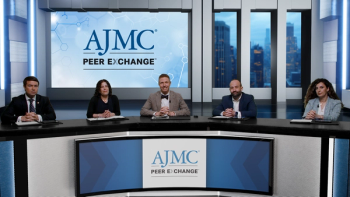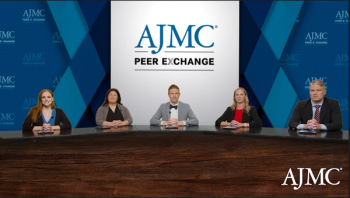
Panelists discuss how gaps in SMA care persist despite highly effective treatments, particularly regarding racial and ethnic disparities in research participation and global access challenges due to high costs and infrastructure limitations in developing countries.








